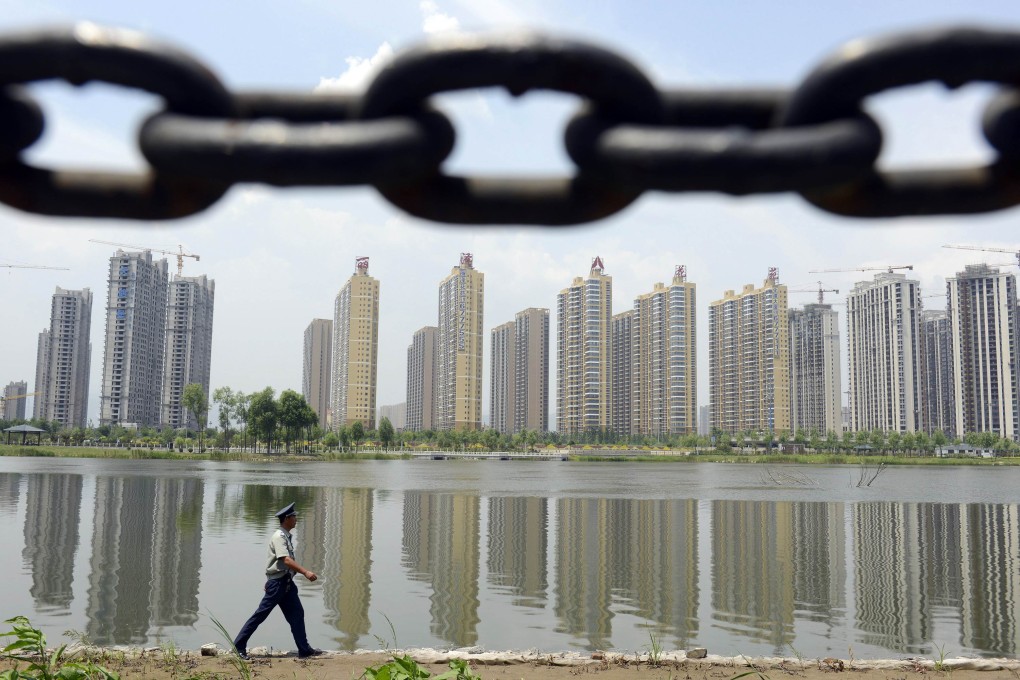New | Q&A on segregation in China’s privatised cities
Researcher Luigi Tomba talks about how China's cities have turned to gated communities to keep their residents in check

Large-scale gated communities dominate the landscape of Chinese cities, sprawling into suburbs and around commercial centres. They often bring together tens of thousands of people of similar levels of wealth and education, who live in anonymity in near identical apartments.
How has urban planning changed civil society in China’s cities?
There are several levels in which housing reforms and the real estate boom have impacted Chinese society: The role of cities has changed dramatically, especially after 1978 and even more rapidly from the late 80s and during the 1990s.
We’ve moved away from socialist cities that needed to be places of production to create cities that are places of consumption. That is also part of the rebalancing of the economy and housing was clearly one item of consumption. There is also a question of public revenue generated from real estate development. Then, there is the question of finding new forms of governing society at a time when people have amassed private wealth and property and urban citizens are no longer managed by the socialist work-units.
